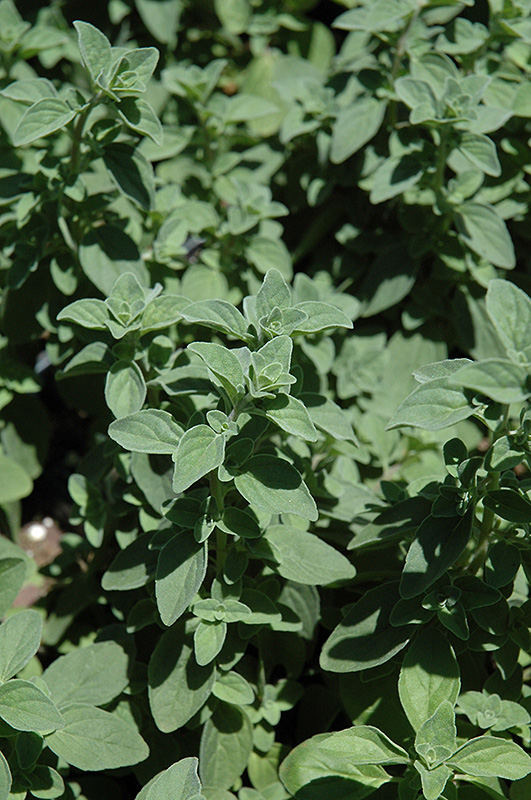Get ready to ignite your excitement and cultivate unforgettable memories
with Wallace's Garden Center Events! We're thrilled to invite you to a world of
enchanting experiences, where every gathering is a celebration of nature, community, and pure fun.
Plant Finder
Height: 24 inches
Spacing: 20 inches
Sunlight:
![]()
Hardiness Zone: 5
Other Names: Hardy Marjoram
Description:
This variety is noted for its lovely, mild flavour and aroma; does well in sandy loam, good heat and drought tolerance; a perfect addition to the herb garden, and is also great for containers
Edible Qualities
Italian Oregano is a perennial herb that is typically grown for its edible qualities, although it does have ornamental merits as well. The fragrant oval grayish green leaves are usually harvested from late spring to mid summer. The leaves have a pungent taste and a distinctive fragrance.
The leaves are most often used in the following ways:
- Cooking
- Seasoning
Features & Attributes
Italian Oregano features tiny white trumpet-shaped flowers with creamy white overtones in mid summer. Its fragrant oval leaves remain grayish green in color throughout the year.
This is an herbaceous evergreen perennial herb with an upright spreading habit of growth. It brings an extremely fine and delicate texture to the garden composition and should be used to full effect. This is a relatively low maintenance plant, and should be cut back in late fall in preparation for winter. It is a good choice for attracting bees and butterflies to your yard, but is not particularly attractive to deer who tend to leave it alone in favor of tastier treats. It has no significant negative characteristics.
Aside from its primary use as an edible, Italian Oregano is sutiable for the following landscape applications;
- Border Edging
- General Garden Use
- Groundcover
- Herb Gardens
- Container Planting
Planting & Growing
Italian Oregano will grow to be about 24 inches tall at maturity, with a spread of 24 inches. When grown in masses or used as a bedding plant, individual plants should be spaced approximately 20 inches apart. Its foliage tends to remain dense right to the ground, not requiring facer plants in front. It grows at a fast rate, and under ideal conditions can be expected to live for approximately 5 years. As an evegreen perennial, this plant will typically keep its form and foliage year-round.
This plant can be integrated into a landscape or flower garden by creative gardeners, but is usually grown in a designated herb garden. It should only be grown in full sunlight. It prefers dry to average moisture levels with very well-drained soil, and will often die in standing water. It is considered to be drought-tolerant, and thus makes an ideal choice for a low-water garden or xeriscape application. It is not particular as to soil type or pH. It is somewhat tolerant of urban pollution. This particular variety is an interspecific hybrid. It can be propagated by cuttings; however, as a cultivated variety, be aware that it may be subject to certain restrictions or prohibitions on propagation.
Italian Oregano is a good choice for the edible garden, but it is also well-suited for use in outdoor pots and containers. With its upright habit of growth, it is best suited for use as a 'thriller' in the 'spiller-thriller-filler' container combination; plant it near the center of the pot, surrounded by smaller plants and those that spill over the edges. It is even sizeable enough that it can be grown alone in a suitable container. Note that when growing plants in outdoor containers and baskets, they may require more frequent waterings than they would in the yard or garden.


